ABC of Shichahai
“Shichahai”, literally “Ten Temple Lake”, actually refers to a large historical area (147 hectares) including the present three lakes – Houhai (Back Lake), Qianhai (Front Lake) and Xihai (West Lake) in the north of the central Beijing.
There used to be 10 temples in the area, hence the name of “Shichahai”. Some of the temples are still there, including Guangji Temple, Huitong Temple, Huoshen Temple, Guangfu Guan ( a Taoist temple ), etc.
For more information in Shichahai, check out out my another article How to Visit Shichahai.
Acclaimed as “Historical and Cultural Scenic District” by the municipal government of Beijing in 1992, Shichahai has become one of the much-visited places equivalent of other highlights in Beijing such as Forbidden City, Temple of Heaven, Summer Palace and the Great Wall of China.
Shichahai is a place where modernity meets tradition – historical hutongs and courtyards; trendy bars and restaurants. It is also a scenic area with willow lined lakes – boating in summer and skating in winter.
Shichahai is a delight to explore either on foot or by bike. You’ll need 2 or 3 hours to savour the picturesque Shichahai which is often called “Houhai” by foreign visitors.
Shichahai in different seasons or at different times of a day gives you different views and activities. Shichahai at night is most attractive with great fun – neon lights, crowded and bustling, stuffed with all way of bars, restaurants, stalls and gifts shops. It is an entertaining place to browse. In a word, Shichahai is an ideal hangout on your Beijing night tour no matter you seek for fun or try to immerse yourself into an authentic Beijing atmosphere.
Virtual Night Tour of Shichahai
Now follow me for a photo tour of Shichahai in the evening.
Shichahai can be effortlessly reached by subway 6 and you get off at the station of North Beihai (北海北) and exit B, you are just on the southern edge of Shichahai. Shichahai is a large sprawling area with many entry points. My favorite entry is Lotus Market, a 5-minute walk to the east from the station of North Beihai (北海北) of Subway Line 6.
Let’ start with Lotus Market. The present Lotus Market is a restored historical one well known for snacks with Beijing flavors and antiques. Now the market is a row of one or two-story buildings randomly connected, home to cafes, bars and restaurants. Marble handrails are built on the water sides of Houhai ( Back Lake).
This is the decorated archway ( Pailou), the south entry into the market street. The Lotus Market was named as Shichahai Tea and Bar Commercial Street by Beijing Municipal Bureau of Commerce in 2004.
The first building is the traditional architecture housing a Starbucks store.
The east side of the bar street is the west bank with marble handrails of the southern Houhai Lake. The brightly lit Houhai Lake looks a fairyland with water street lined lights reflected on the water.
The waterfront bar and restaurant street of Lotus Market resembles casinos with delightful neon. Most of the buildings in the bar street are two-story wooden or shikumen architectures that are lit up and colorfully decorated.
It is a pleasant stroll along the street flanked by bars or restaurants on the west side and the bank of Houhai Lake on the east side.
The two-story wooden café restaurant offers good western food.
Here you also can have Quanjude Roast Duck Restaurant and Beijing local food stalls and gifts shops.
In summer and autumn, boating on Houhai or Qianhai is quite romantic with a good fun. Boating on Houhai or Qianhai.
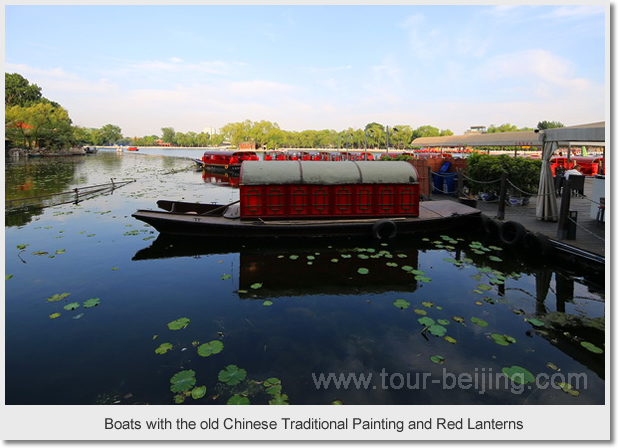
At the end of the bar and snack street in the Lotus Market, you turn right and continue to walk along the bank of Houhai Lake, you can find more choices of bars and restaurants.
The bar has an interesting name known as Morning Wine and Night Dance.
A mutton hot-pot restaurant near Yinding Bride straddling Houhai Lake and Qianhai
The Houhai Lake here becomes narrower, close to Yinding Bridge which divides the two lakes – Houhai Lake on the east and Qianhai Lake on the west. The famous Kaorouji Restaurant has its neon-like reflection on the water.
I stand on Yinding Bridge, looking at Qianhai Lake flanked by all way of bars on both banks of Qianhai Lake.
Walk north from Yinding Bridge and turn right, you enter the famous Yandai Byway.
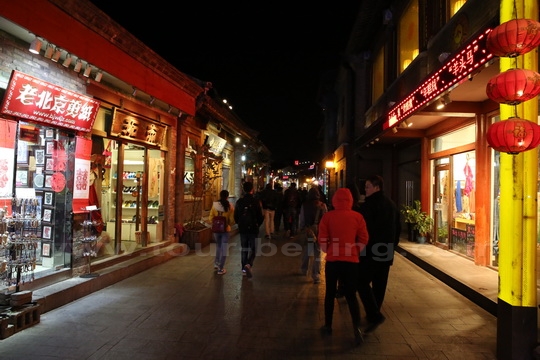
Yandai Xiejie ( or Yandai Byway 烟袋斜街) is one of such old commercial streets that showcase Beijing’s past. Yandai Byway was originally formed in Yuan Dynasty (1271 – 1368) and further developed and reached its height in late Qing Dynasty (1644-1911). Yandai, literally “Smoking Pipes”, was once lined up with many shops selling smoking pipes, hence the name of Yandai.
For more information and photo tour of Yandai Byway, check out the link: Night View of Yandai Byway.
Tip: Hassle-free Beijing Guided Tours
If you don’t want to go the do-it-yourself route and prefer the hassle-free escorted tours, here are some options for guided tours to Beijing:
Car Rental in Beijing
Beijing Day Tour
Beijing Tour Packages
Great Wall Tour
Beijing Winter Tour
Beijing Tours
China City Tours
China Tour
Further Readings
Best Time to Visit Beijing
How to plan a trip to Beijing
The Old World Charm in Beijing
Houhai Winter Ice Skating Rink
How to visit Shichahai
Sunset Over Houhai Lake in Beijing
The night view of Shichahai
Shichahai, a nice place to walk at night in Beijing
Top 10 Attractions in Beijing
How to Visit Forbidden City
How to Visit Temple of Heaven
How to Visit Summer Palace
How to Visit Ming Tombs
How to Visit the Great Wall of China
How to Visit Tiananmen Square
How to Visit Hutongs
How to Visit Olympic Sites
Top 10 Markets in Beijing
Top 10 Shopping Malls in Beijing
Beijing Shopping
Wangfujing Night Snack Street
Qianmen Commercial Street
Beijing Huguosi Street
Any questions, just drop a line.
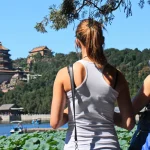
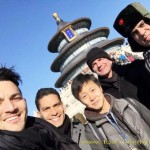
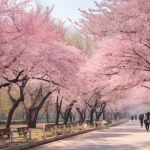
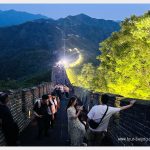
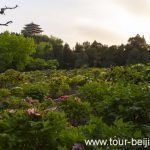
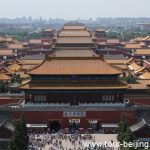

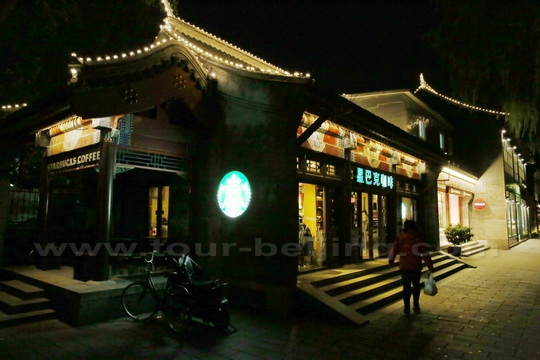
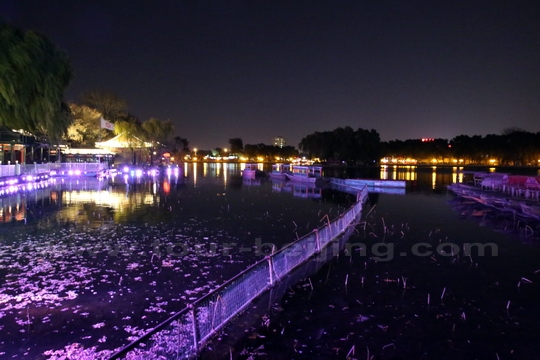
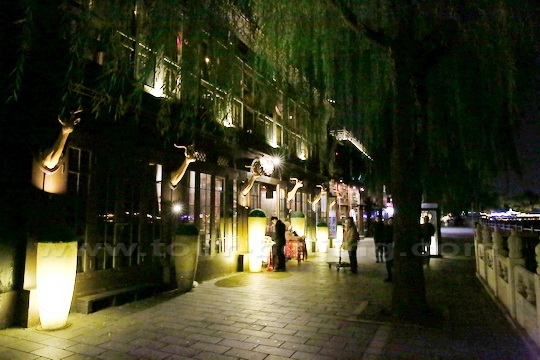

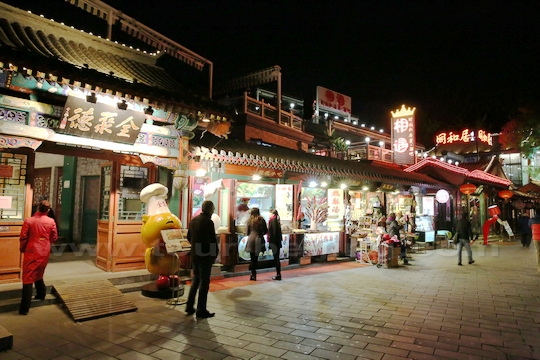

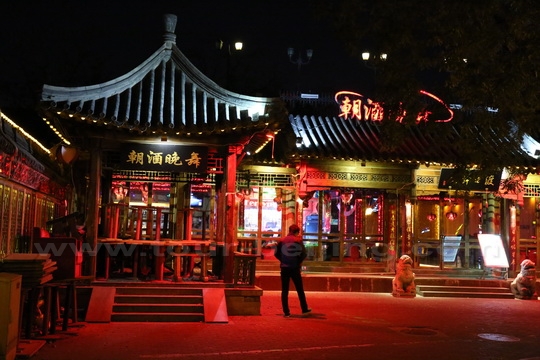
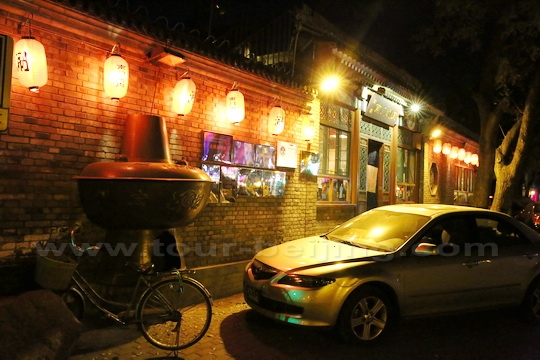
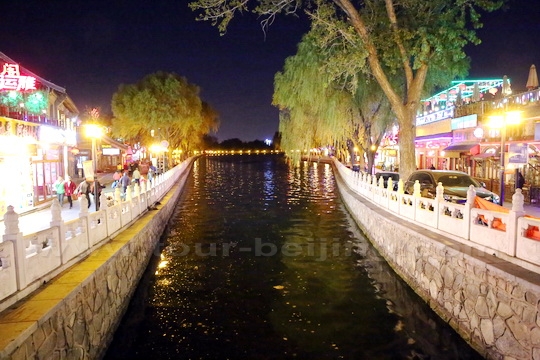
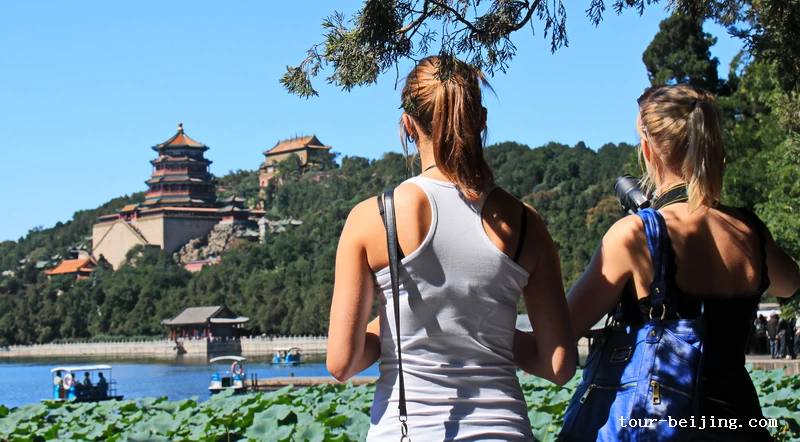
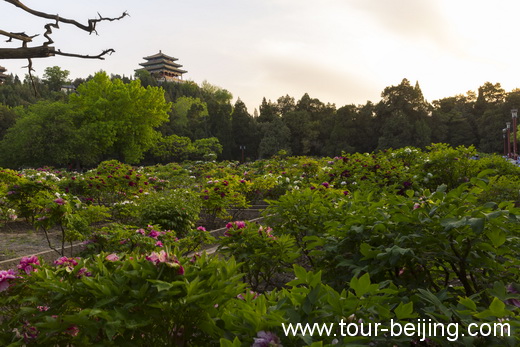
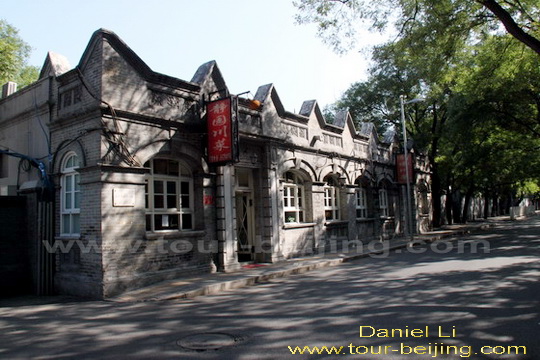
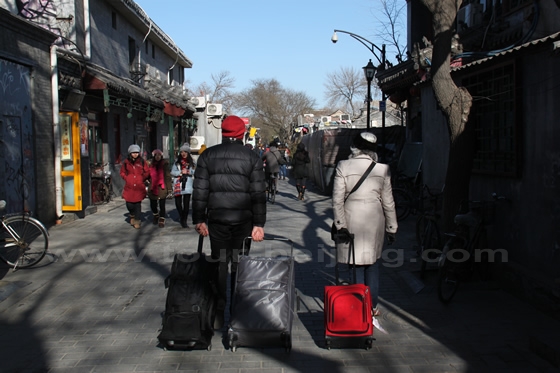
We have visited Beijing before but this panoply of information will go far to making any future visit much more enjoyable and informative.
Hi Tony,
Thanks for your kind feedback! You are always welcome back to Beijing!